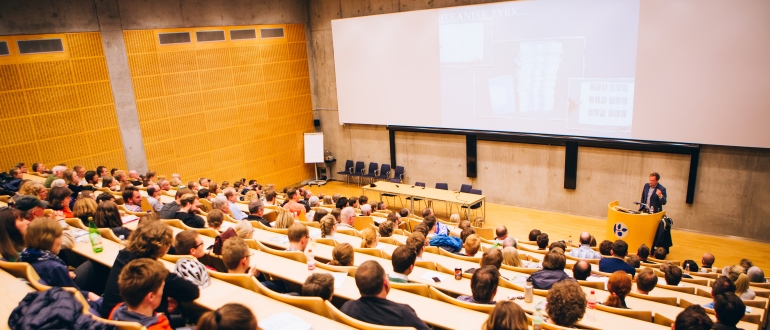Ongoing projects
- SDU Maritime Research Platform
- Digital Twins of Axial Piston Pumps (APPs) for Machine Learning-based Condition Monitoring
- A Novel Node Design using High Strength Steel for Jacket Structures
- Advanced design for high temperature-difference heat exchangers using computational morphogenesis
- COmputational Morphogenesis FOR Time-dependent problems (COMFORT)
- Design of conformal cooling channels using topology optimisation
- Development of an SCR system integrating a novel reductant delivery system
- Topology optimisation for High HEAT flux cooling (HiHeat)
